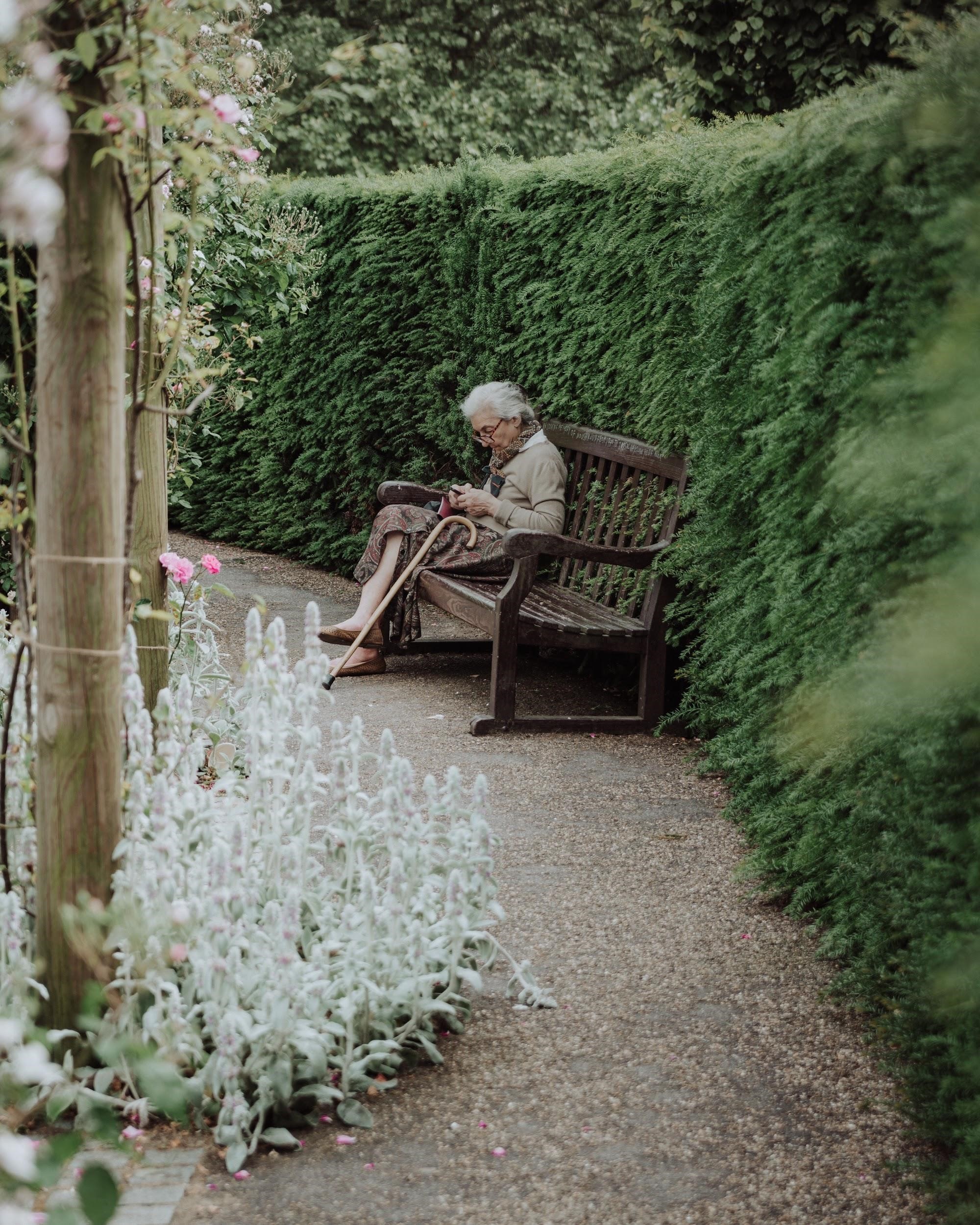Why Is Loneliness An Issue in Residential Care Homes?
Information about the potential for loneliness in elderly care homes as well as resources and tips on avoiding this common problem.
Unfortunately, loneliness amongst the elderly is a real issue in our society. The statistics paint a very sad picture:
- 49% of those over 65 cite the TV as their main company
- Over 1 million older people say they feel lonely most of the time, or regularly
- 41% of the elderly feel out of touch with modern life
Why Is Loneliness An Issue in Residential Care Homes?
Rather surprisingly, the loneliness issue amongst the elderly is not simply due to people living alone or being isolated from their communities.
Loneliness is, in fact, often found to be worse in residential care homes where people are surrounded by others of a similar age.
This can be due to the fact that the older person has had to move away from their home area to find a suitable care home, so more former friends and neighbors find it challenging to travel to visit them.
Of course, there is also the issue of older people who have lost many of their friends and family.
And it can be challenging to make new friends in a care setting when life is traditional.
Independent research has shown that a staggering 97% of people don’t want to go into a residential home if they become unwell or unable to care for themselves.
There is an understandable reluctance to leave friends and a familiar community, not to mention the familiarity and security of a family home they may have occupied for decades.
This view may relate to the somewhat worrying statistics about elderly care uncovered by the Better At Home Report from the non-profit organization The Live-in Care Hub, such as:
- A third of those in residential care and over half in nursing homes say they never leave the home;
- 6 percent of those in nursing homes say they don’t do anything valuable with their time.
Many older people think a care home is their only choice when they become old and frail and don’t realize that there are alternatives such as home care services or live-in care.
Care homes can be very lonely places.
When an older person moves from their beloved home to care homes, it can be a significant challenge.
They have to let a large portion of independence go overnight, and sometimes the process of going from home to a care home happens extremely quickly, making it even harder to adapt.
A Loss Of Identity

A person in a care home can slowly feel they are losing their identity and become just another resident amongst many.
A loss of individual faculties like memory or capabilities like feeding oneself can lead to a feeling of isolation.
Having no control over food, drink, bedtimes, etc. can lead to a sense of loss of power, and so, a loss of who you once were.
The Things We Lose, Isolate Us
Losing friends and relatives, good health, the home you loved, and the ability to do things for yourself can be a trigger for both boredom and isolation.
The more this loss is felt, often, the more likely loneliness is to occur, with the associated knock-on effects on physical and mental health.
Settling In Well
Although an older person may appear to accept their new life in some ways, they are likely to have a lot of feelings hidden beneath the surface that they can’t or don’t articulate.
When care home staff have the time, they can provide an exceptional level of support for residents, but the care system is experiencing shortages, staff struggle to give the proper time for basic tasks, let alone additional emotional support for residents.
The Solution To Loneliness In Care Homes

In some situations, a person may require care home, and no other option is thought to be suitable for their care or nursing needs.
However, there is a solution that can work for a lot of older people requiring care who do not want to leave their own homes: live-in care could be the answer.
Live-in care is known to be a great choice for a person requiring attention for many reasons, including but not limited to:
- Help with nutritional needs;
- Providing company;
- Keeping a person as independent as possible;
- Encouraging social activities and interaction;
- Helping with mobility and fitness;
- Providing personal care and support;
- Enabling a person to stay in their own home;
- Ensuring the person is safe in their home;
- Assisting with medication routines;
- Helping the person get to appointments and to run errands.
Another way to help combat loneliness in older adults, whether they are in a care home or receiving care at home, is through animal companionship.
Studies have shown that pets enhancing senior lives can provide emotional comfort, encourage social interaction, and even improve overall well-being.
Whether through pet therapy visits or having a pet of their own, many seniors find that animals bring joy and companionship to their daily lives.
Live-in care is an excellent solution for many elderly people who need care, but who do not want to leave their homes
. It helps combat loneliness and avoids the need for a stressful and sometimes traumatic move into a care home.
If you or your relative are thinking about care, please have a look at the independent advice available at The Live-in Care Hub for more information; you’ll be surprised at how accessible it could be for your needs.



















